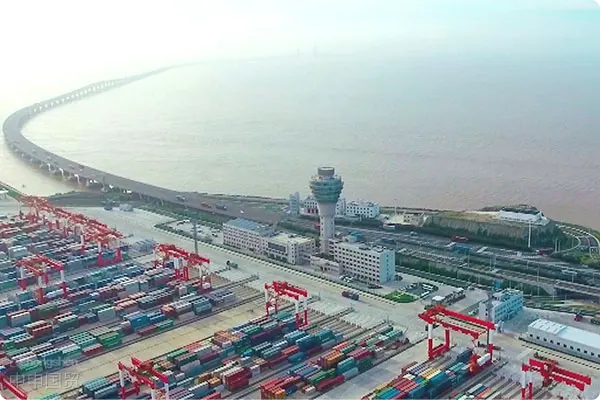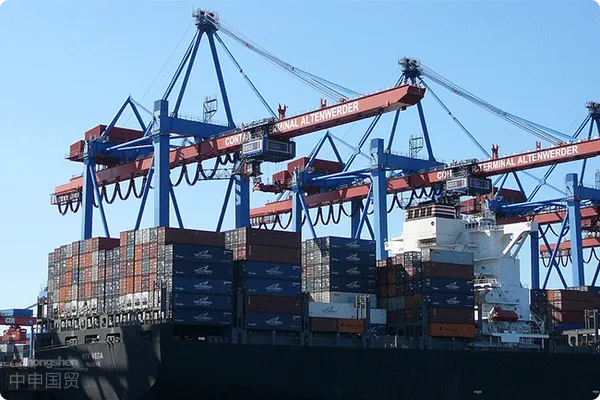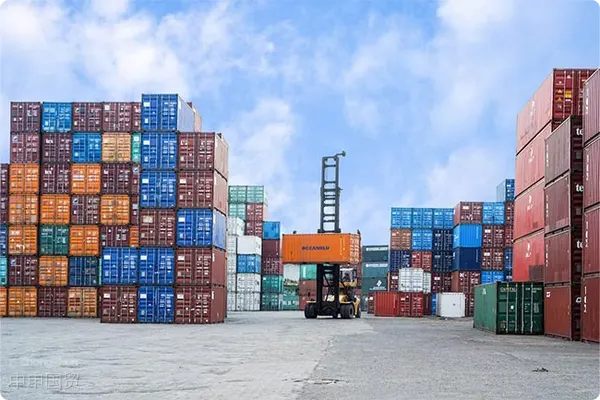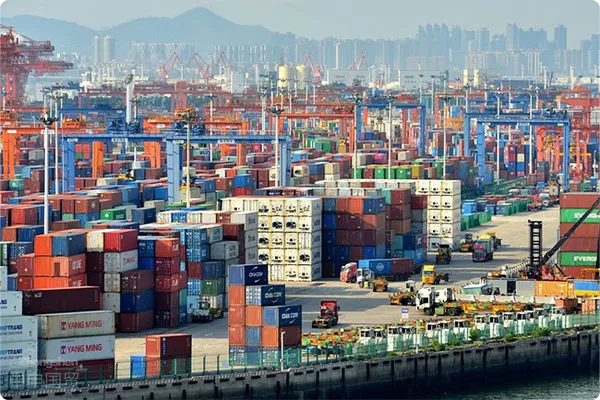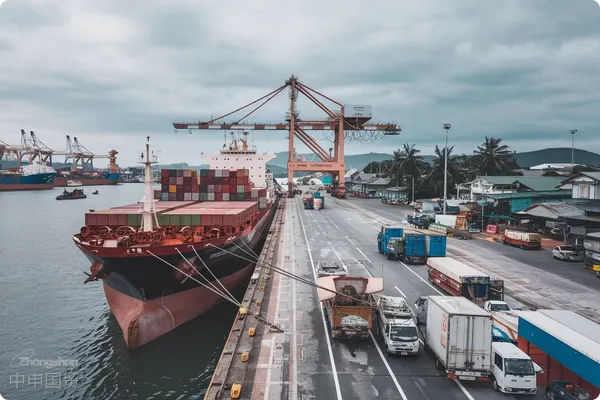- Shanghai Zhongshen International Trade Co., Ltd. - Two decades of trade agency expertise.
- Service Hotline: 139 1787 2118
In international trade, the choice of payment methods is a critical aspect of negotiations between buyers and sellers, impacting transaction security and fund liquidity. While full payment before shipment is the safest option, practical considerations such as client type and transaction amount often influence payment method selection. This article will analyze international trade payment methods and their potential risks using real-world case studies.

I. Analysis of Mainstream Payment Methods
Full Payment (Advance TT)
The most ideal payment method is for the buyer to pay the full amount before shipment. This approach fully safeguards the sellers financial security but may be less buyer-friendly, especially for first-time collaborations where trust may be lacking, making agreements difficult to reach.
Deposit + Balance (Installment Payment)
This method is relatively common:
- Common Ratio: 30% deposit, 70% balance payable upon receipt of bill of lading copy.
- Advantages:
- The seller reduces production and inventory risks through the deposit;
- The buyer retains some control through the balance payment.
- Risk points: Balance payments are susceptible to buyer negotiations, refusal, or delayed payments.
Open Account (OA)
The buyer pays within a specified period after receiving the goods. While this method helps attract large clients, it carries high risks, especially for high-value orders.
- Applicable scenarios: Typically applicable to reputable long-term clients or when risks are covered by credit insurance (e.g., Sinosure).
- Risk Manifestations:
- Small Orders: For orders valued at 1–2 million RMB or less, buyers may prioritize commercial credibility.
- Large Orders: For orders exceeding 5 million in value, buyers may seize the opportunity to negotiate lower prices or even cut off contact.
4. L/C(L/C)
Letters of Credit (L/C), guaranteed by banks, provide a certain level of security for both buyers and sellers, but involve complex procedures and higher costs.
- Applicable scenarios: Suitable for large transaction amounts where mutual trust between buyers and sellers is low.
- Precautions: Carefully review L/C terms to avoid risks from soft clauses.
II. Common Issues and Countermeasures
Risk Management for Open Account Clients
Case studies show that buyers in high-value credit sales orders are prone to sudden changes in commercial credit behavior.
- Initial Performance: For orders worth 500,000, buyers tend to exhibit better attitudes;
- High-Value Risks: When order values reach 5 million, buyers may delay or evade payments through refusal to pay or cutting off contact.
Countermeasures:
- Require buyers to provide detailed company background and financial reports;
- Use third-party credit insurance (e.g., Sinosure) to transfer risks;
- Set credit limits, with excess amounts requiring alternative payment methods.
Competitive Pressure from Backup Suppliers
In international trade, buyers often leverage backup suppliers to pressure sellers into lowering prices or improving product quality.
Suggestions:
- Establish Long - term Cooperative Relationships: Offer differentiated services to enhance customer loyalty;
- Improve After-Sales Support: Boost competitiveness through high-quality services;
- Lock in Contract Terms: Clearly specify prices and delivery timelines in contracts to reduce the likelihood of last-minute changes by customers.
Negotiation Tactics During Credit Periods
Some buyers exploit their control over final payments to impose additional demands on quality or yield rates.
Countermeasures:
- Clearly define product acceptance criteria in contracts;
- Add legal clauses to orders to ensure the legitimacy of final payments;
- Adopt phased deliveries to mitigate risks.
III. Industry Status and Trends
- Credit Advantages of European and American Clients Due to their larger economic scale, European and American markets generally feature clients with stronger payment capabilities and more robust credit systems. For orders between 1–2 million, the risk of buyer default is relatively low.
- Growth Potential in Southeast Asian Markets Southeast Asian markets are gradually emerging, but due to their smaller economic scale and less developed credit systems, sellers should exercise greater caution when dealing with local clients. Full payment or credit insurance is recommended as a priority.
IV. Practical Recommendations
- Flexibly Adjust Payment Methods Select appropriate payment methods based on customer background and order value. For example, Full payment is suitable for small orders, while large orders should combine credit insurance and installment payments.,
- Initial Customer Screening Select reputable customers through industry platforms and trade fairs, while also checking potential clients credit records via third-party agencies.
- Strengthening Internal Risk Control Mechanisms Establish a customer classification management system, set higher payment thresholds for high-risk clients, and regularly update customer credit ratings.
- Maintaining Initiative Avoid being replaced by backup suppliers by building competitive barriers through technological innovation and service enhancement.
V. Summary
In international trade, payment methods not only affect transaction security but also directly determine the likelihood of profit realization. Whether choosing full payment, installment payments, or credit sales terms, export enterprises must make optimal decisions based on customer background, order value, and market conditions. At the same time, they should improve internal risk control systems and strengthen customer communication to flexibly adapt to the volatile international market.
Asforeign tradePractitioners must maintain a keen sense of risk and a deep understanding of the market to navigate the complex international trade environment step by step and secure long-term development opportunities.
Related Recommendations
Contact Form
Learn
Contact Us
Email: service@sh-zhongshen.com
Related Recommendations
Contact via WeChat

? 2025. All Rights Reserved. Shanghai ICP No. 2023007705-2  PSB Record: Shanghai No.31011502009912
PSB Record: Shanghai No.31011502009912
